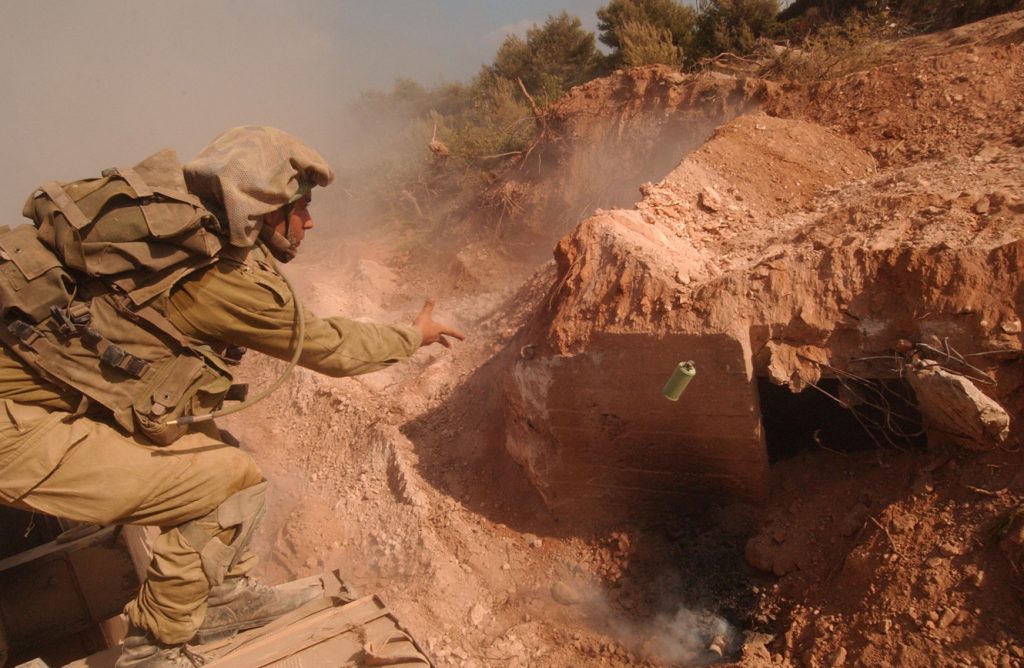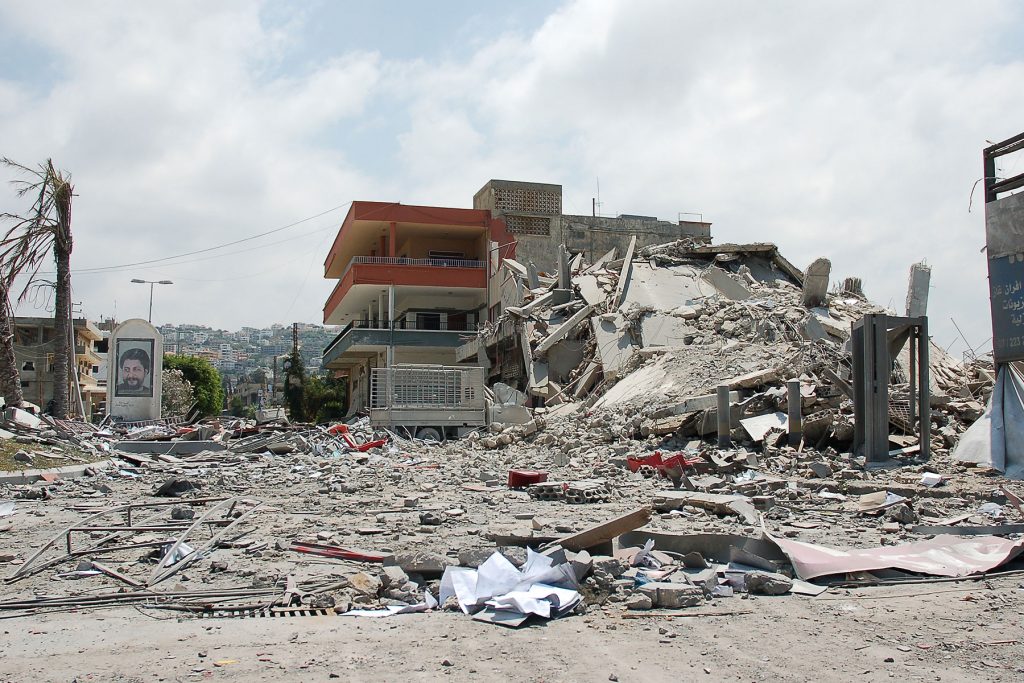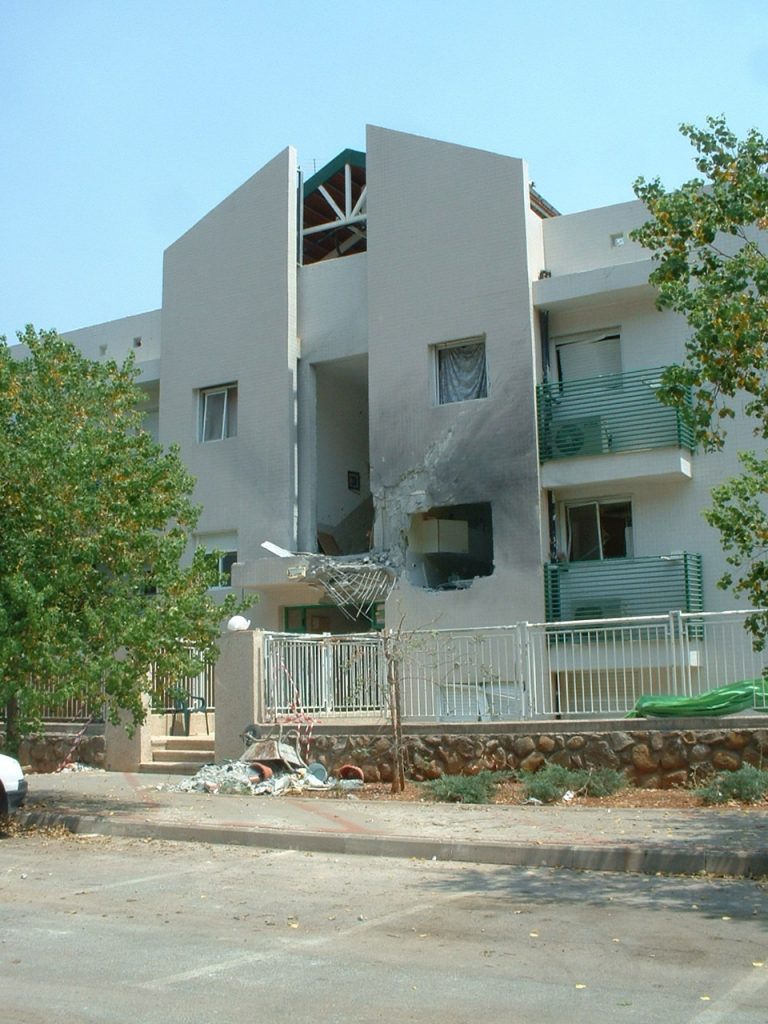A retired general says no

Copyright: Israel Defense Forces [CC BY 2.0 (https://creativecommons.org/licenses/by/2.0)], via Wikimedia Commons
Major General (reserves) Itzhak Brick, the outgoing Commissioner for Soldier Grievances has given an interview to Israeli media in which he warns that the IDF is poorly prepared for the next full-scale war. In his role as Commissioner, Gen. Brick has been exposed to the complaints of soldiers and officers from the entire Israel Defense Force, which allowed to form an educated opinion as to the military’s readiness for the next major conflict. General Brick is basing his assessment on the major threat posed to Israel by the multitude of rockets and missiles in the arsenals of the Hezbollah, the Hamas, and the Syrian Army, making it a certainty that any future conflict will involve massive barrages of rocket fire aimed at Israeli civilian population as well as airports and other critical infrastructure. In this judgment, the only way to mitigate this risk are immediate and large scale maneuvers by IDF ground forces to physically occupy the real estate from which the rocket fire originates, sometimes deep in enemy territory. It is precisely for this kind of operation that the IDF, in the general’s judgment is ill prepared.
Israeli official sources in the Ministry of Defense rejected Gen. Brick’s assessment pointing out IDF’s rapidly increasing capabilities in the areas of cyber warfare and long-range airborne missiles. Commenting on this rebuttal, Gen. Brick pointed out that wars are not won by airstrikes and cyber warfare alone, but rather by ground presence with sufficient force, a point that was painfully visible in the less than successful (from Israel’s perspective) 2006 engagement with Hezbollah known as the Second Lebanon War. During that operation, the Israeli Air Force was able to inflict tremendous damage on Hezbollah infrastructure in Lebanon, but the ground maneuver by IDF forces encountered heavy resistance and suffered unacceptable casualties, while the Hezbollah never lost its ability to launch rockets against Israel.

Copyright: Masser [CC BY-SA 2.0 (https://creativecommons.org/licenses/by-sa/2.0)], via Wikimedia Commons

Copyright: Shy halatzi [GFDL (http://www.gnu.org/copyleft/fdl.html) or CC BY-SA 4.0 (https://creativecommons.org/licenses/by-sa/4.0)], from Wikimedia Commons
The topic of the readiness of Israel’s ground forces for the next major regional conflict has been a hot button issue since Israel’s reserve and active duty forces were caught woefully unprepared for the 1973 Yom Kippur war, increasing casualties and depriving Israel from politically leveraging the brilliant military victory it had nevertheless achieved in that conflict.


